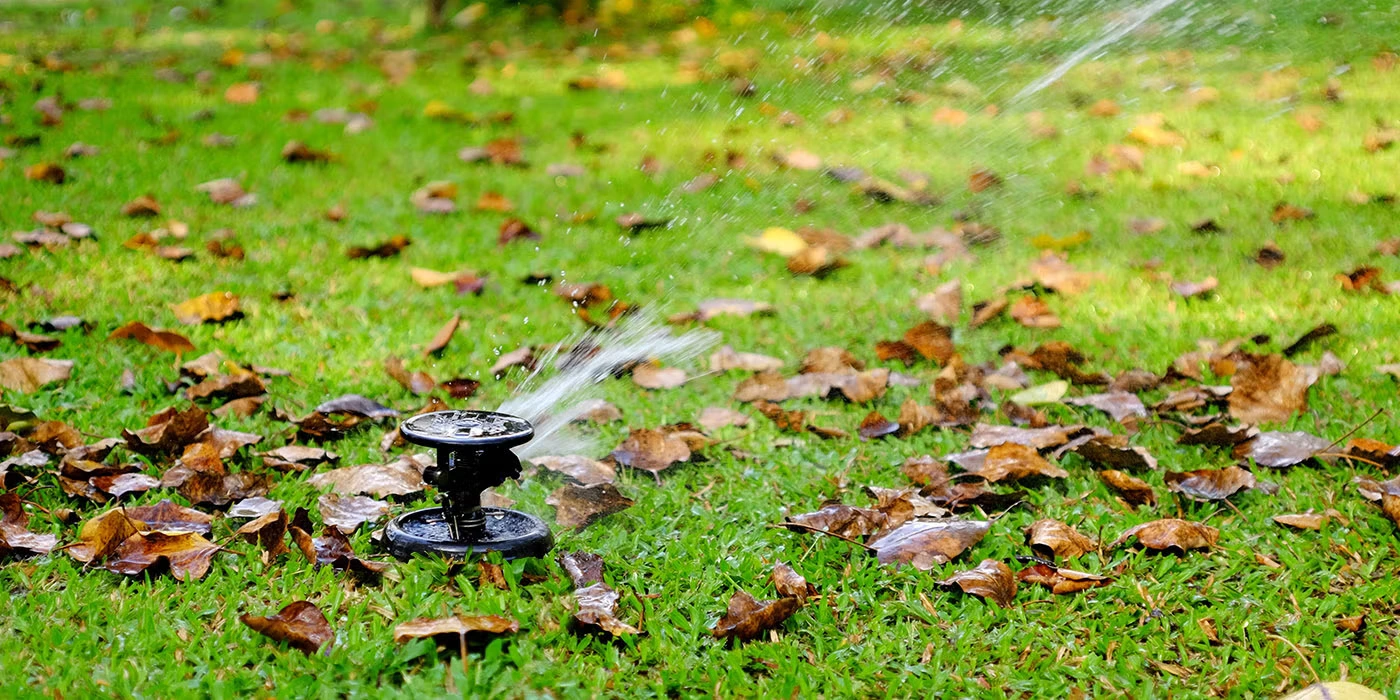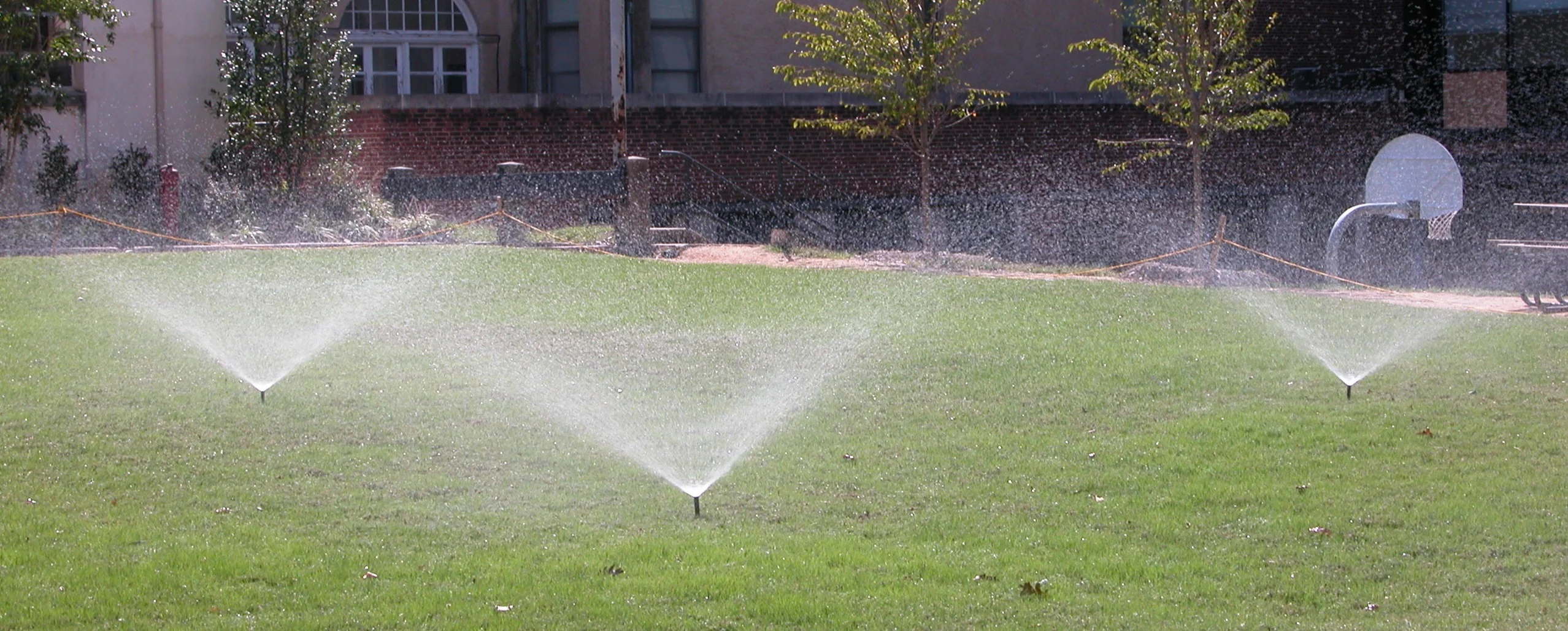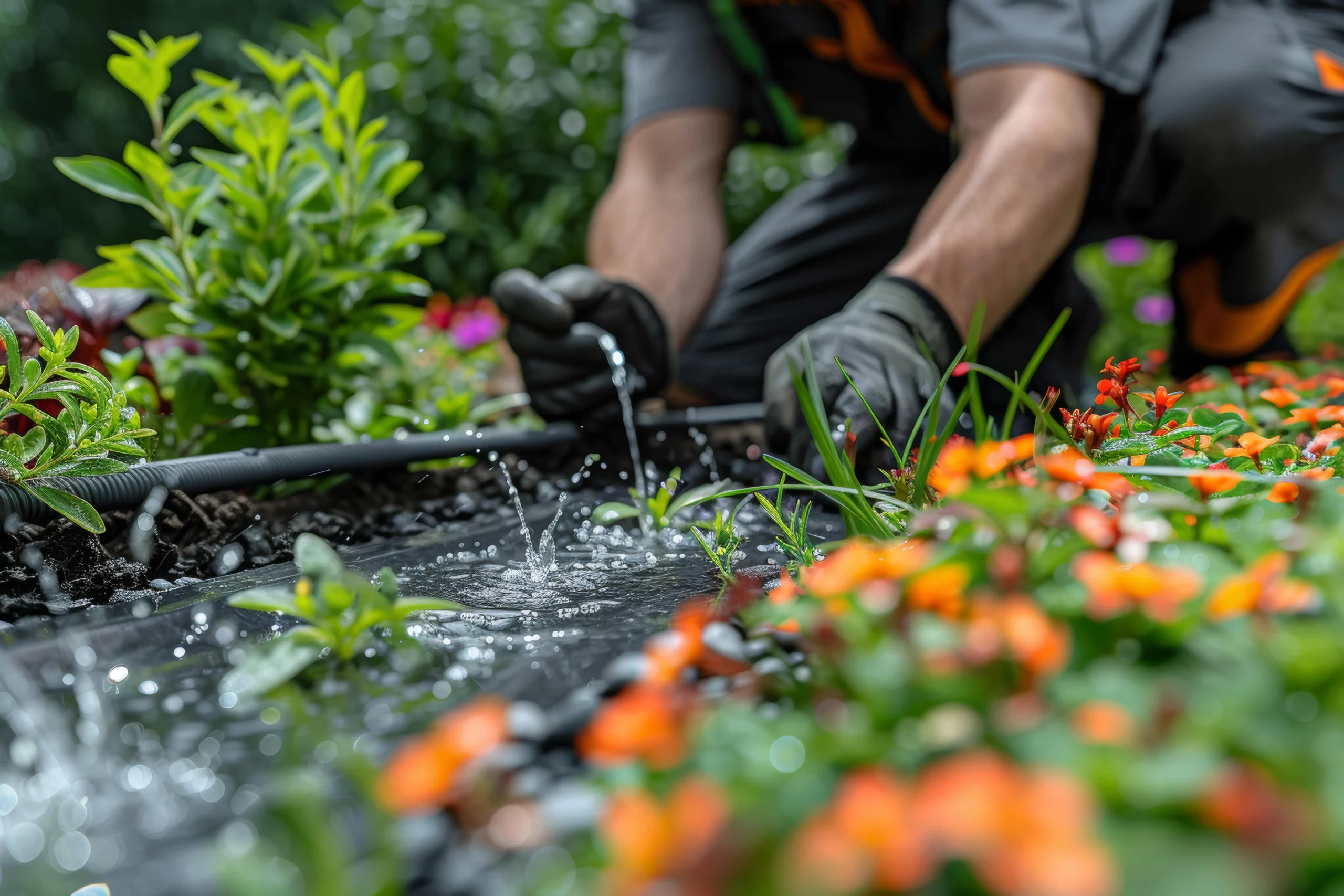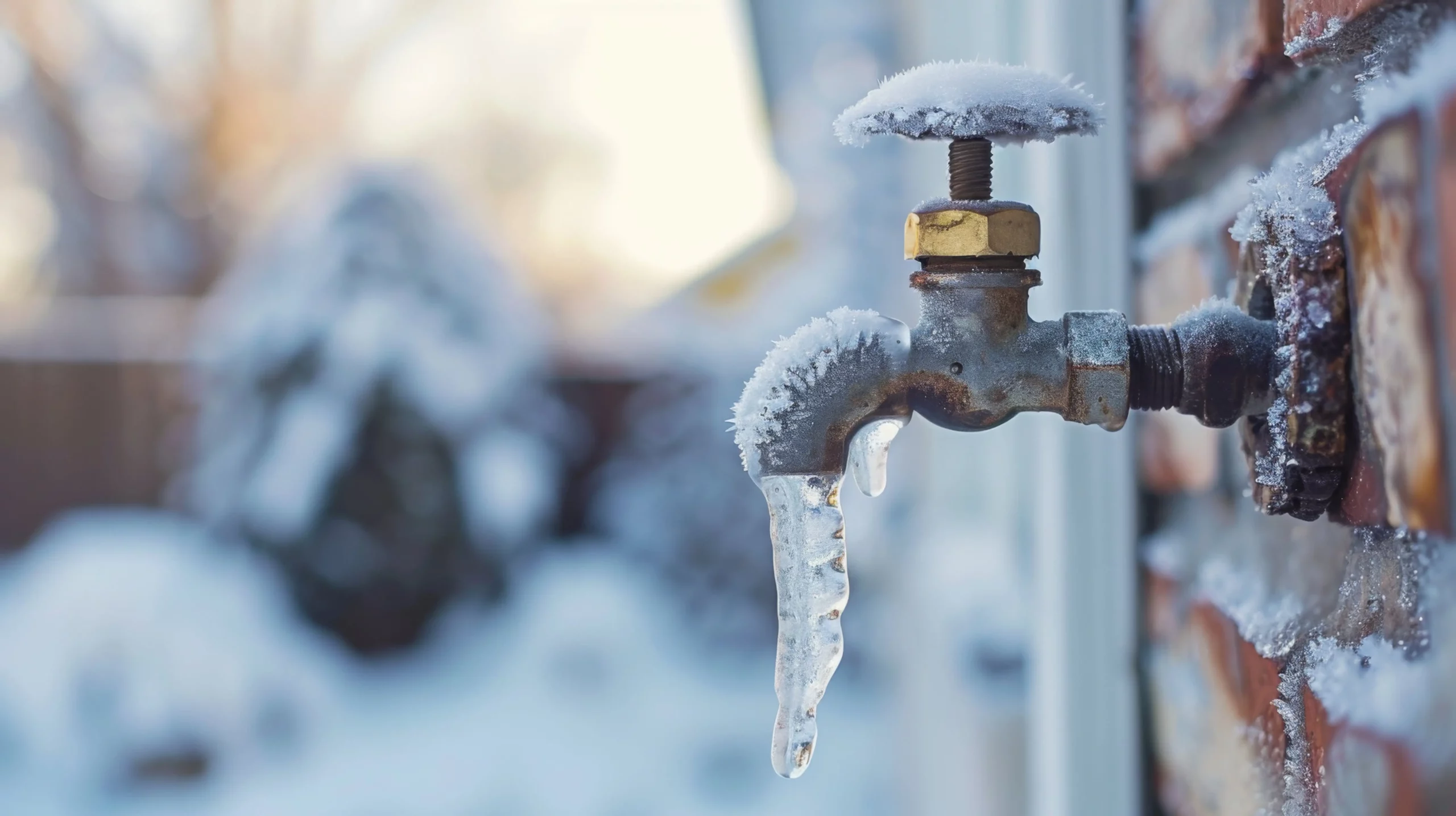Simple Tips for a Greener Tomorrow
As winter sets in, homeowners need to be extra cautious about protecting pipes from freezing. When temperatures plummet, the water inside your pipes can freeze, causing the pipes to expand and potentially burst—leading to costly repairs and water damage. But don’t worry! With a little preparation, you can protect your pipes and avoid this common winter hazard. Here’s a guide to help you winterize your plumbing and keep everything running smoothly through the colder months.
1. Insulate Your Pipes
One of the easiest and most effective ways to prevent pipes from freezing is to insulate them. Foam pipe insulation is affordable and easy to apply, and it helps maintain the temperature around your pipes even in sub-zero conditions.
- Where to Insulate: Focus on pipes that are located in unheated areas like attics, basements, garages, crawl spaces, or exterior walls.
- How to Insulate: Wrap the insulation around the pipes, securing it with tape or zip ties. Make sure the insulation is snug, but don’t compress it too tightly.
2. Keep the Heat On
During the winter months, it’s important to maintain a consistent indoor temperature, even if you’re planning to be away from home. Keeping your thermostat set to at least 55°F (13°C) helps prevent the pipes from freezing in the first place.
If you’re going on vacation or spending time away from home, leave the heat on low. You can also open cabinet doors under sinks in bathrooms and kitchens to allow warm air to circulate around pipes in these areas.
3. Seal Gaps and Cracks
Cold air can sneak into your home through gaps and cracks around windows, doors, and where pipes enter the house. This can lower the temperature around your pipes and increase the chances of freezing.
- How to Seal: Use caulk, weatherstripping, or expandable foam to seal any visible cracks. Pay attention to areas where pipes run through walls or floors. If you find a gap near pipes, be sure to fill it to keep cold air out.
4. Let Faucets Drip
When temperatures drop significantly, one simple trick is to let your faucets drip, especially those that are on exterior walls. The slight flow of water helps prevent the water in your pipes from freezing by keeping it moving.
- Which Faucets?: Focus on faucets connected to pipes that run through colder areas of the house, like exterior walls or basements.
- How to Drip?: A slow, steady drip from both hot and cold faucets can make a big difference in keeping the pipes unfrozen. Even a small trickle can prevent freezing.
5. Disconnect Garden Hoses and Shut Off Exterior Faucets
Outdoor faucets are especially vulnerable to freezing because the water inside can easily freeze and cause pipes to burst. Be sure to disconnect any garden hoses before winter and store them in a dry, insulated area.
- Shut Off Outdoor Water Supply: If your home has a shut-off valve for exterior water, turn it off to prevent water from sitting in the pipes. Then, open the faucet to drain any remaining water in the line. This simple step can go a long way in protecting your outdoor plumbing.
6. Install Frost-Free Outdoor Faucets
If you’re building a new home or replacing old outdoor faucets, consider installing frost-free outdoor faucets. These faucets are designed with an extended stem that shuts off water inside the house, preventing it from freezing near the faucet itself.
If you’re not replacing your faucets, adding an insulated cover over them during the winter can provide some added protection.
Conclusion: Prepare for Winter Now
Winter weather can be unpredictable, but with a little preparation, you can avoid the headaches and costs associated with frozen pipes. By insulating pipes, sealing cracks, keeping your home warm, and taking preventative measures, you’ll ensure your plumbing system stays safe through the cold months.
It’s always better to be proactive, so start preparing now before the deep freeze hits. Your pipes will thank you, and you’ll have peace of mind knowing you’ve done all you can to protect your home.
Have you had any issues with frozen pipes in the past? Share your tips and experiences in the comments below!







